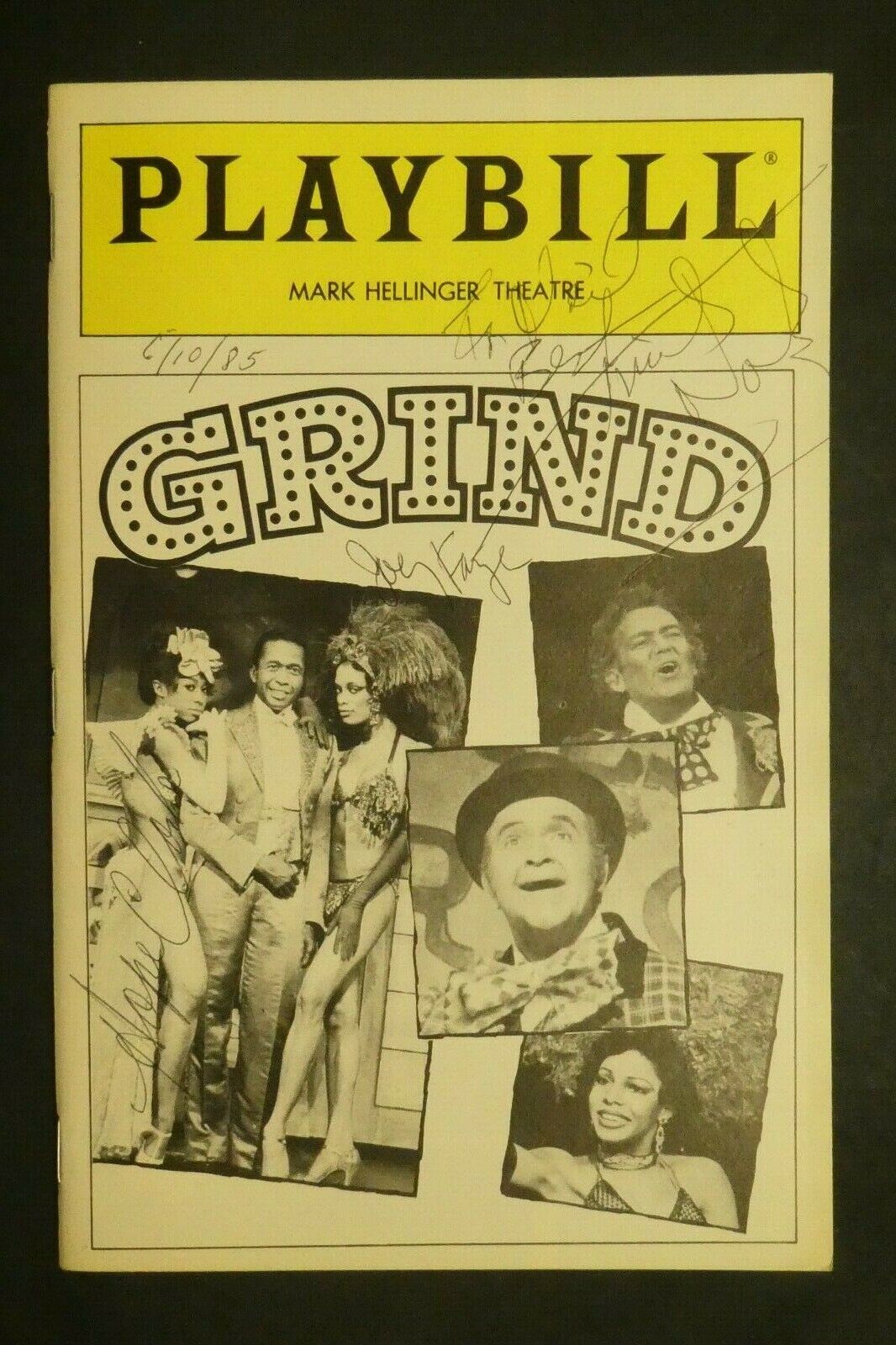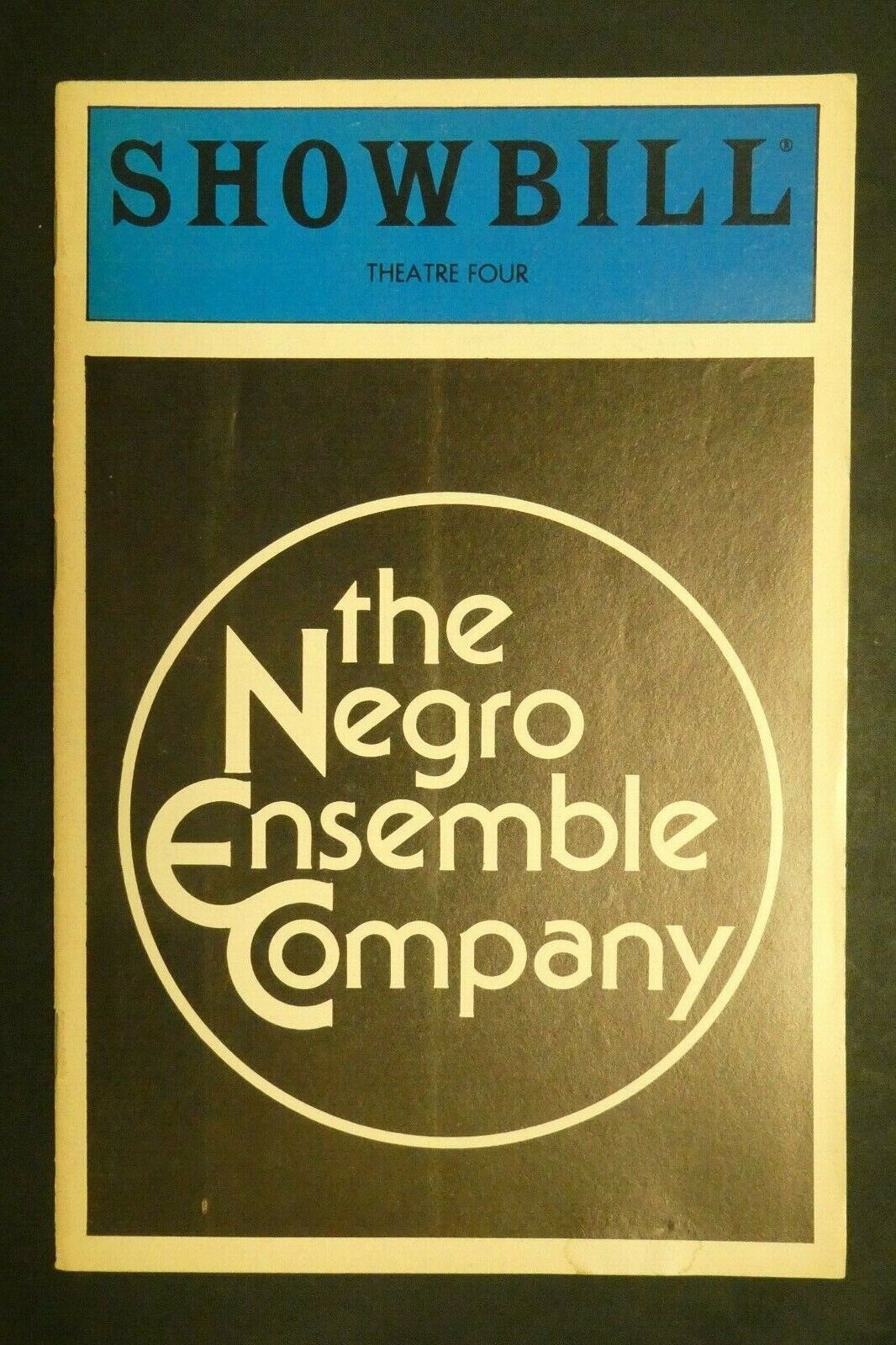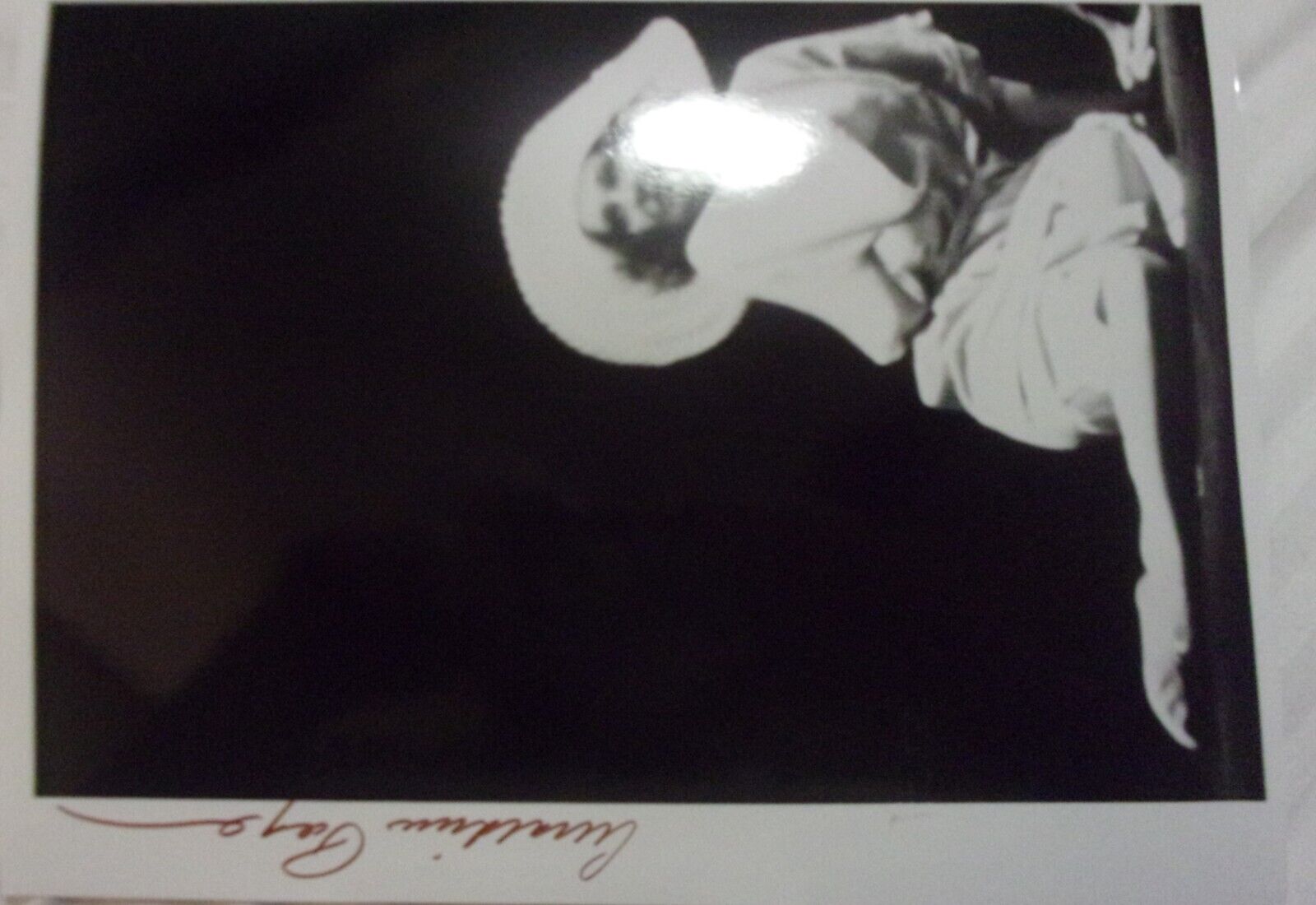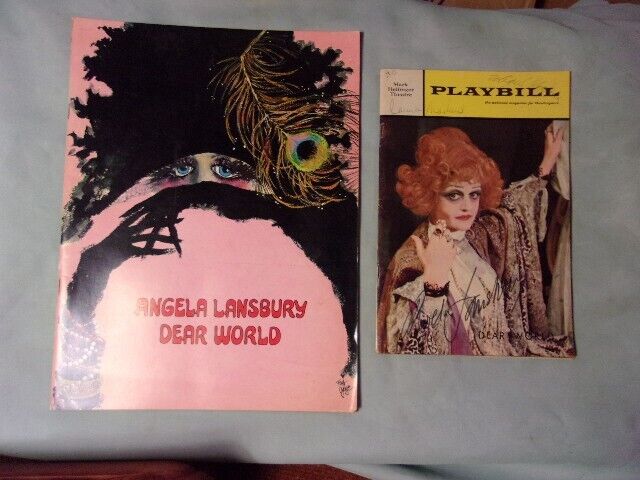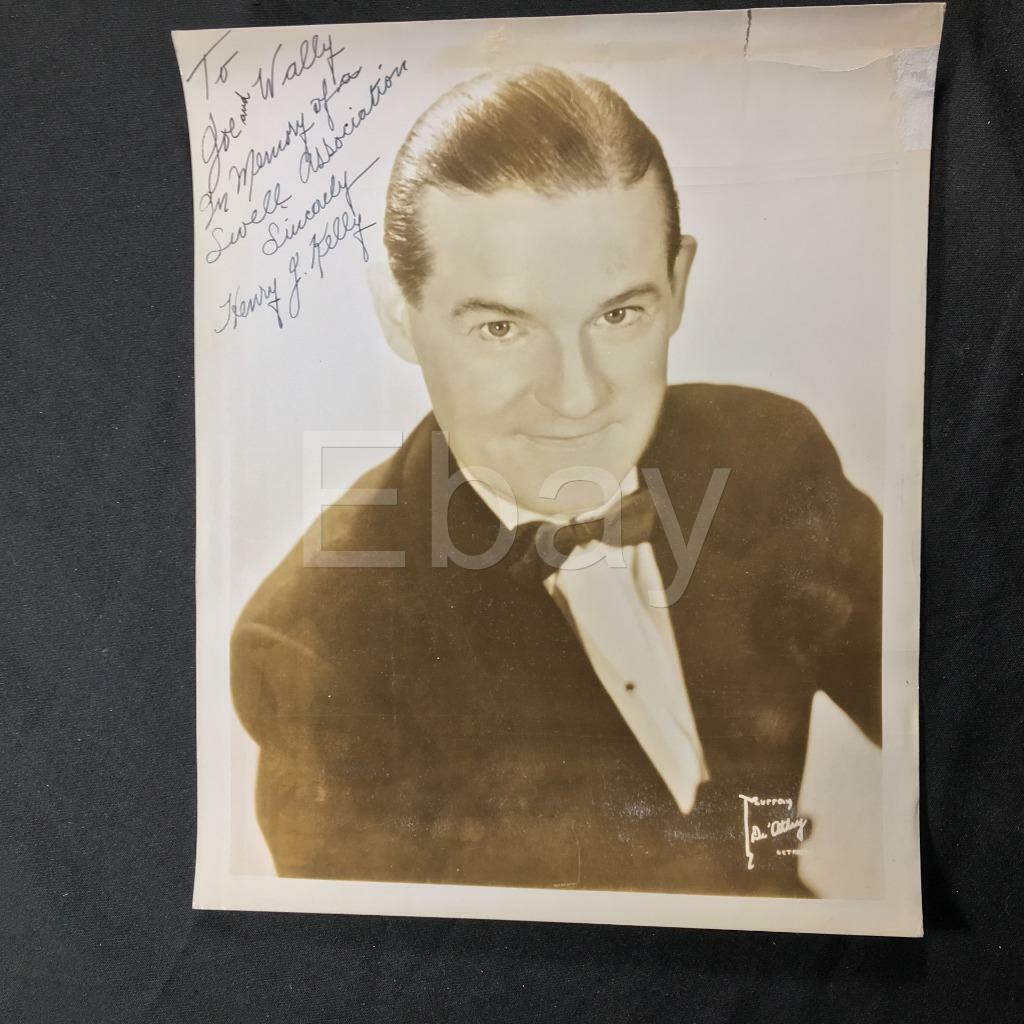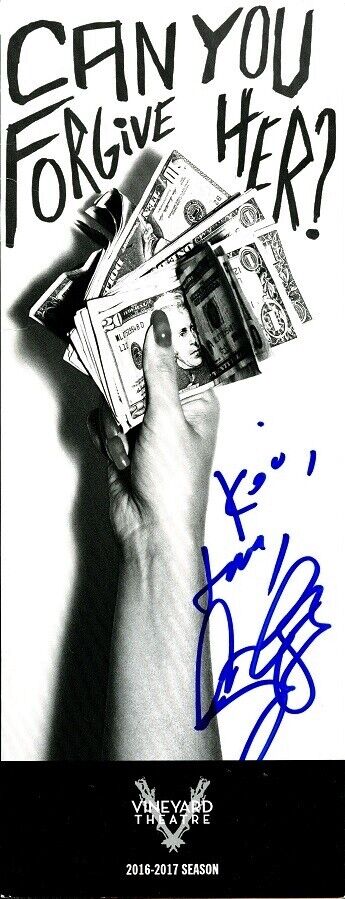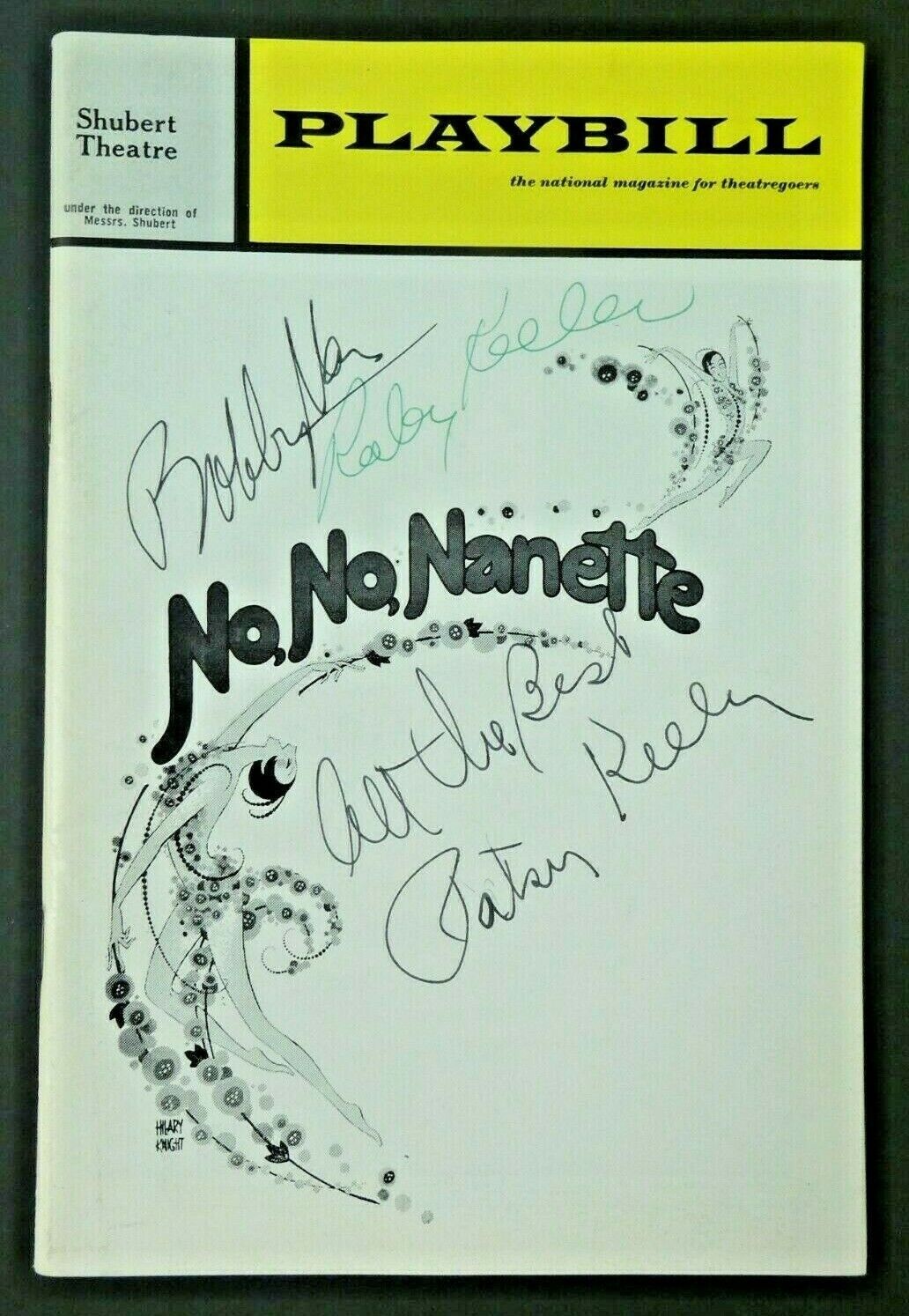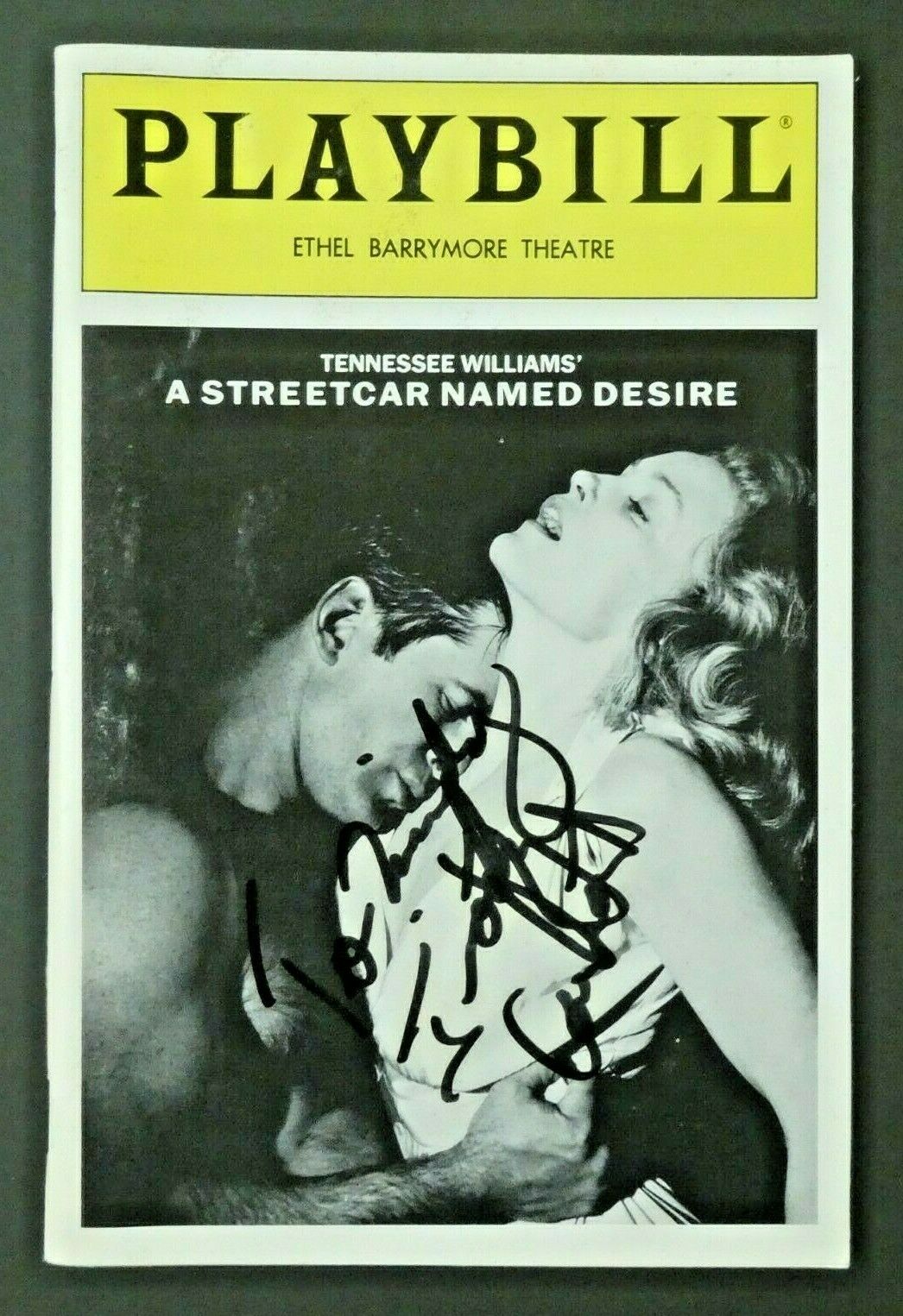-40%
"The Oolah" Francis Wilson Hand Written Letter Dated 1892 Todd Mueller COA
$ 55.43
- Description
- Size Guide
Description
Up for auction a RARE! "The Oolah
" Francis Wilson Hand Written Letter Dated 1892.
This item is certified authentic by Todd Mueller and comes with their Certificate of Authenticity.
ES-274A
Francis Wilson
(February 2, 1854 – October 7, 1935) was an
American
actor, born in
Philadelphia
.
He began his career in a minstrel show with
Haverly's United Mastodon Minstrels
, but by 1878 was playing at the
Chestnut Street Theatre
, Philadelphia, and the next year appeared in
M'liss
with
Annie Pixley
. After several years in regular
comedy
, he took up some
comic opera
, appearing with the
McCaull Comic Opera Company
and making a great success in
Erminie
(1886). In 1889, leaving New York's
Casino Theatre
, he made his appearance as a star in
The Oolah
. Plays in which he starred subsequently include
The Merry Monarch
(1890);
The Lion Tamer
(1891);
The Little Corporal
(1898);
The Little Father of the Wilderness
(1905); 'and 'The Bachelor's Baby
(1909), which he also wrote. He also appeared in several productions of Rip Van Winkle. He formed his own theatre company in 1899.
He was the author of
Joseph Jefferson
: Reminiscences of a Fellow Player
(1906),
The
Eugene Field
I Knew
(1898),
Francis Wilson's Life of Himself
(1924), and
John Wilkes Booth
: Fact and Fiction of Lincoln's Assassination
(1929), written with information from his close friend
Edwin Booth
. Wilson wrote several plays, of which
The Bachelor's Baby
was the most successful. He was the founding president of the
Actors' Equity Association
. Wilson's first wife was Mira Barrie with whom he had two daughters. Their older daughter was
Frances Wilson Huard
, who became a French baroness, and wrote memoirs of her life in France during
World War I
. After her death he married Edna Bruns (1879–1960) with whom he had a son and daughter.
Francis Wilson Playhouse is the successor to the Clearwater Players, organized in 1930 as a community theater which presented productions in ad hoc venues around
Clearwater, Florida
for several years. In 1935, the first president of
Actors Equity
, Francis Wilson, a winter resident in Clearwater, convinced a friend, Mary Curtis Bok (later Zimbalist,) to contribute ,000 for the construction of a permanent home for the Clearwater Players. Mrs. Bok agreed to the contribution on the condition that the Theater would be named after Francis Wilson, who at that time was the premier actor of the New York stage. The bronze plaque of Mary Bok over the fireplace in the lobby is the only thanks she would accept. The City of Clearwater leased the land the theater currently sits on for a term of 99 years for the rental sum of .00 per year, and the theater was built in 1936


